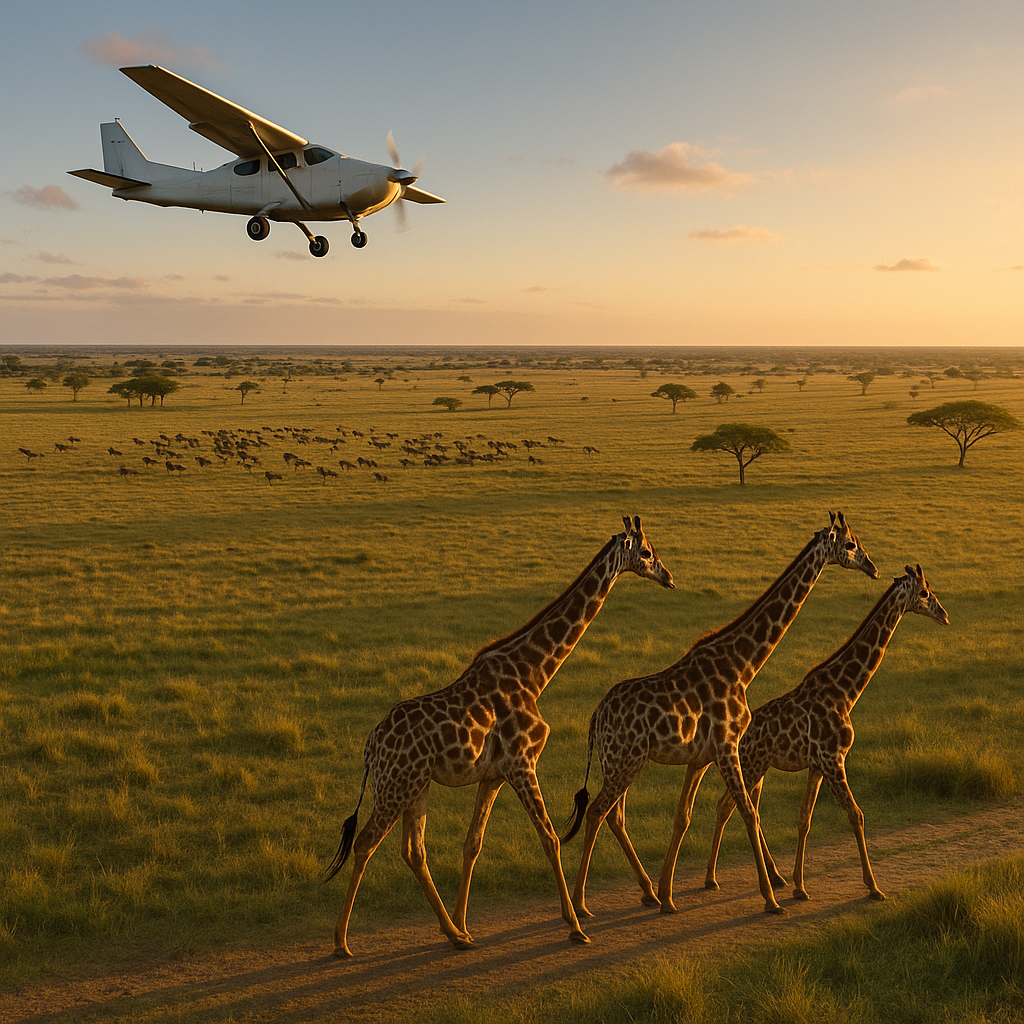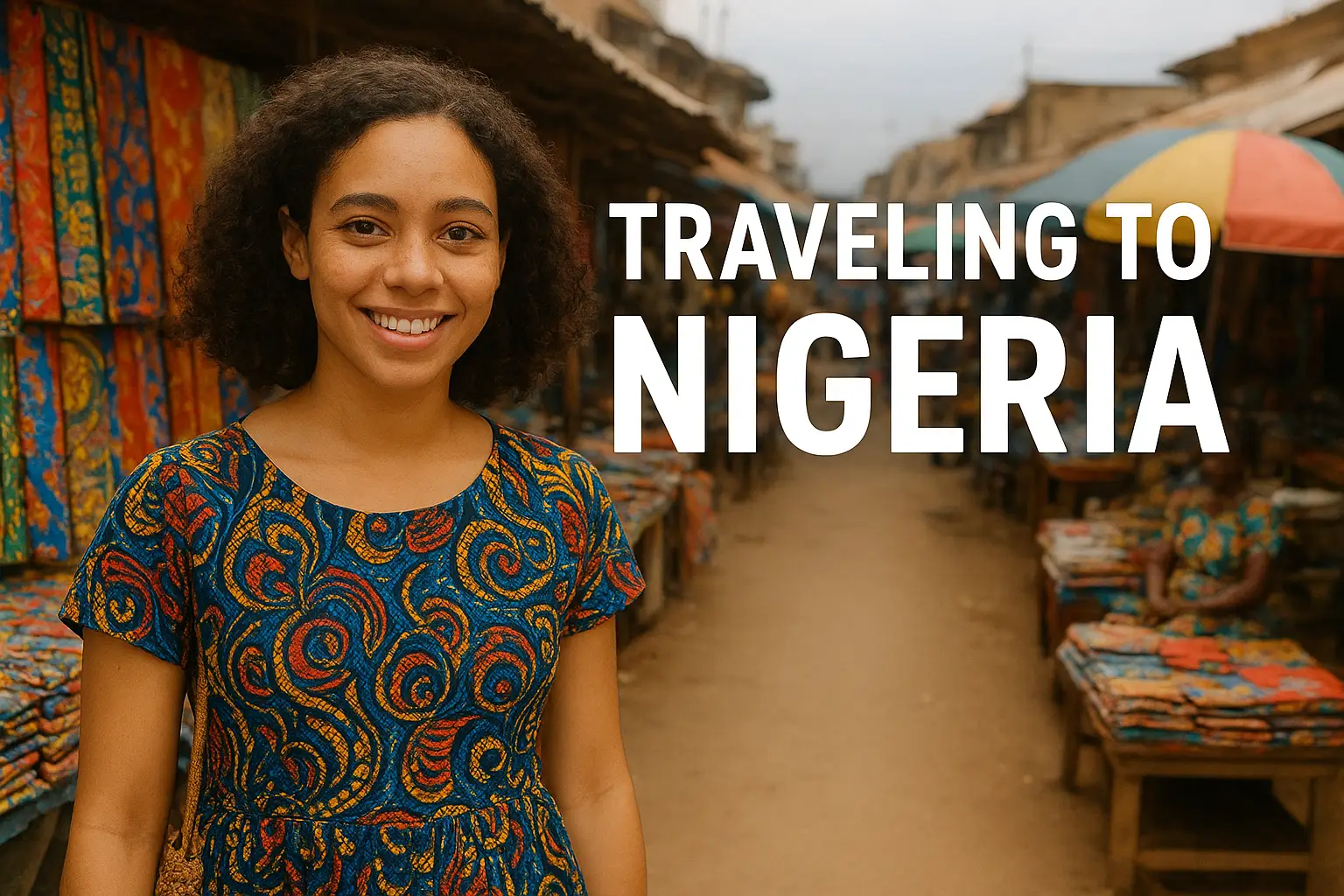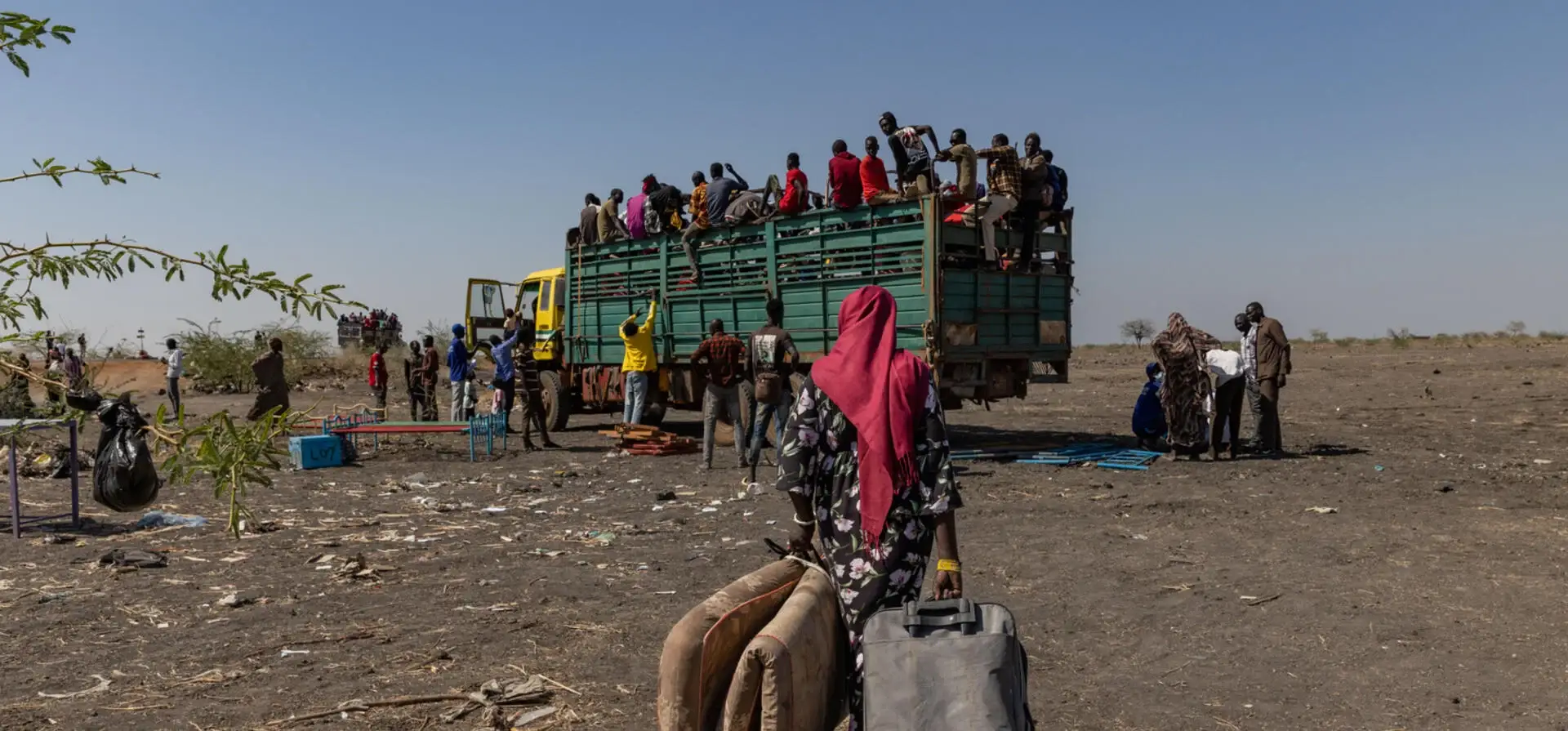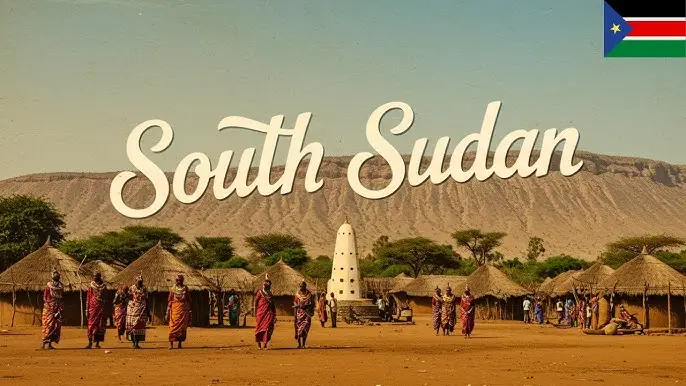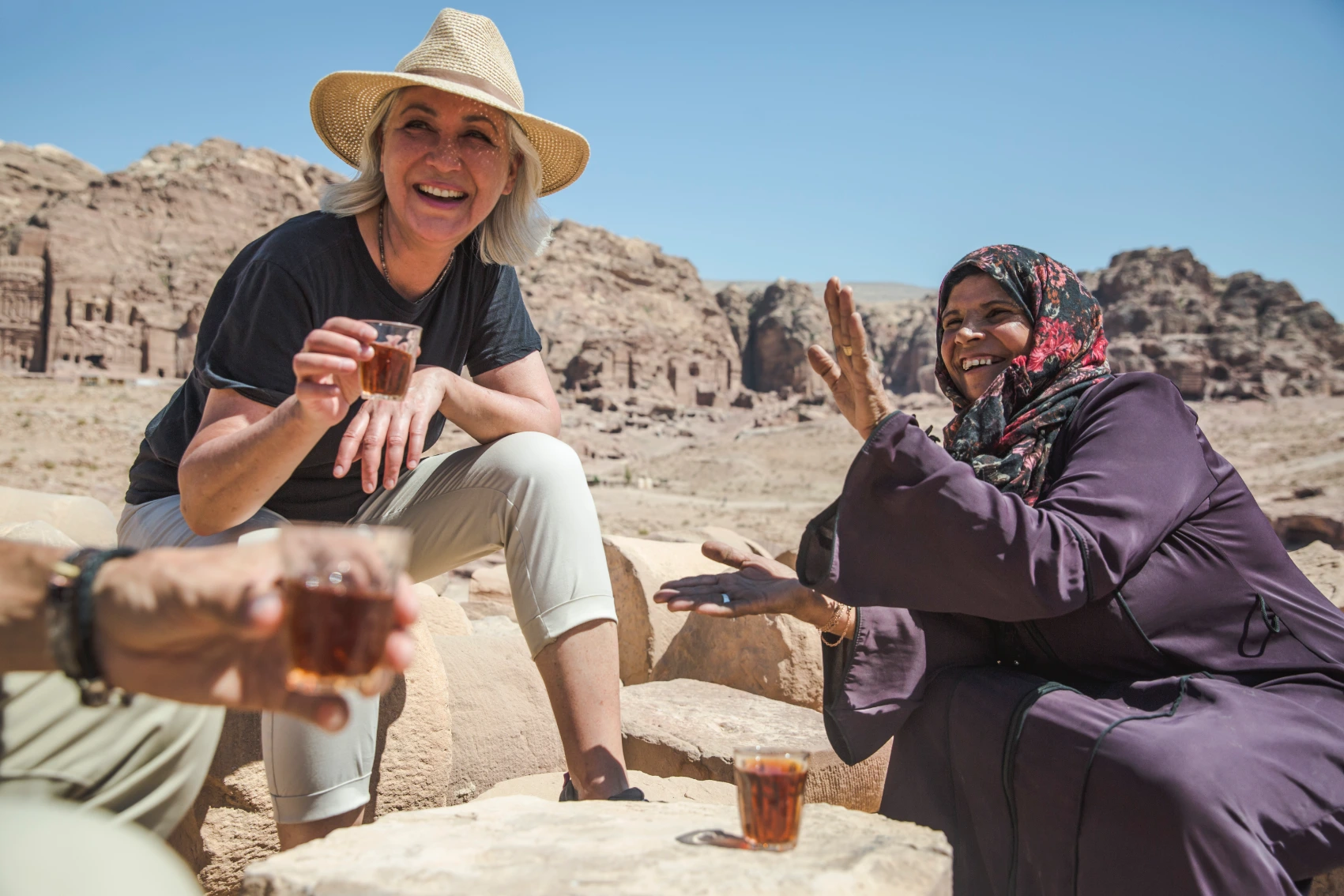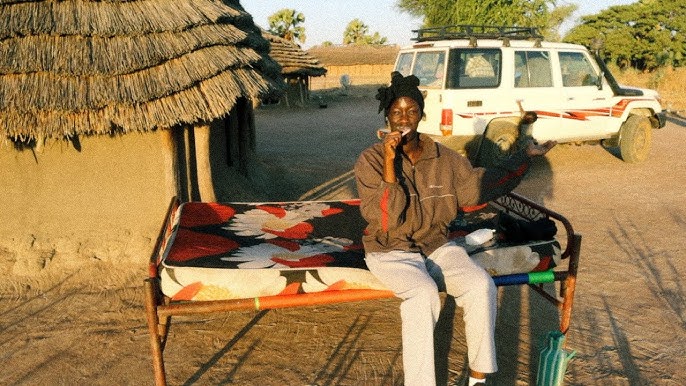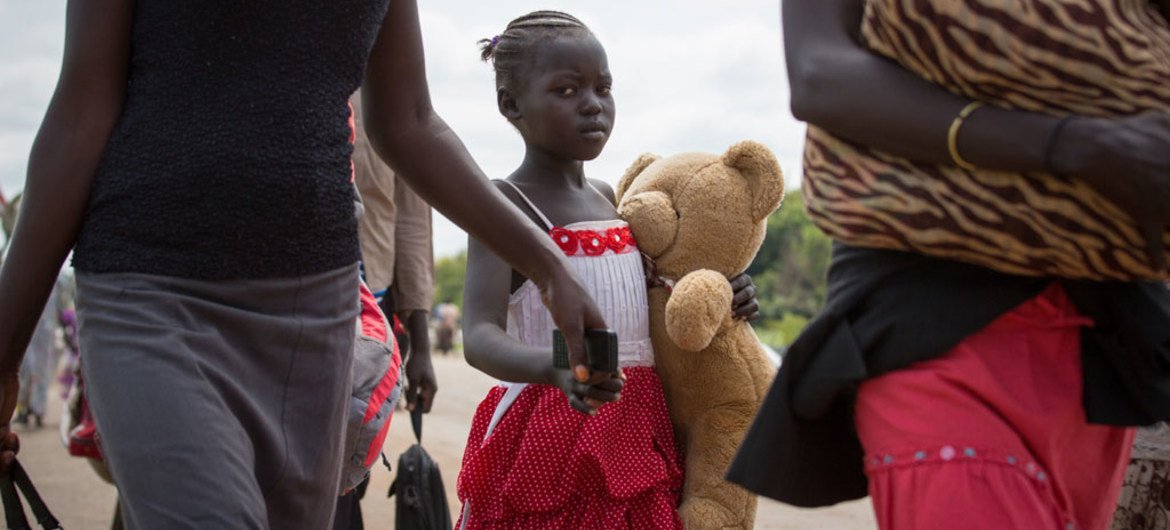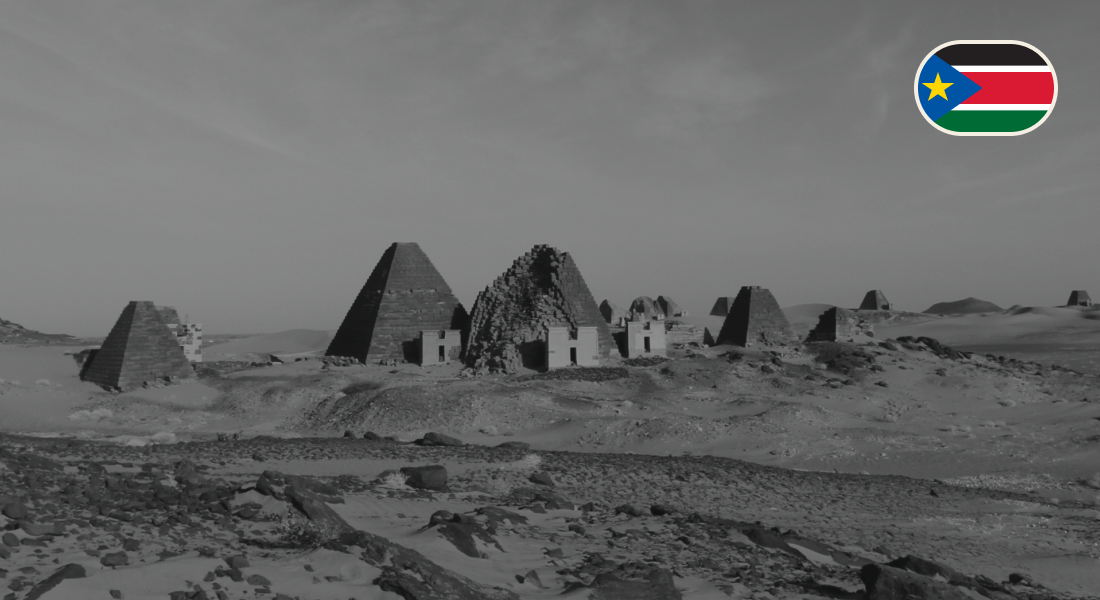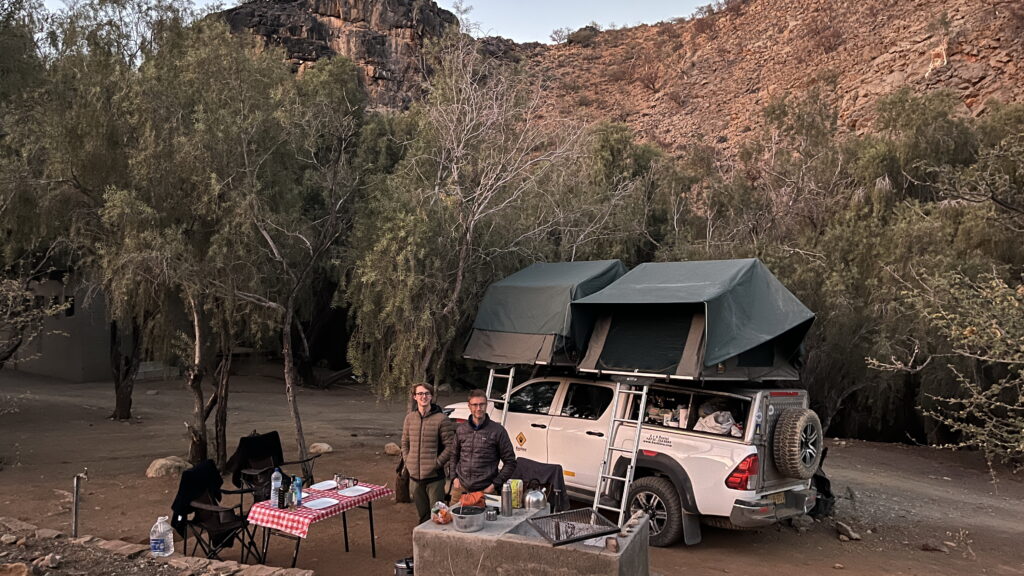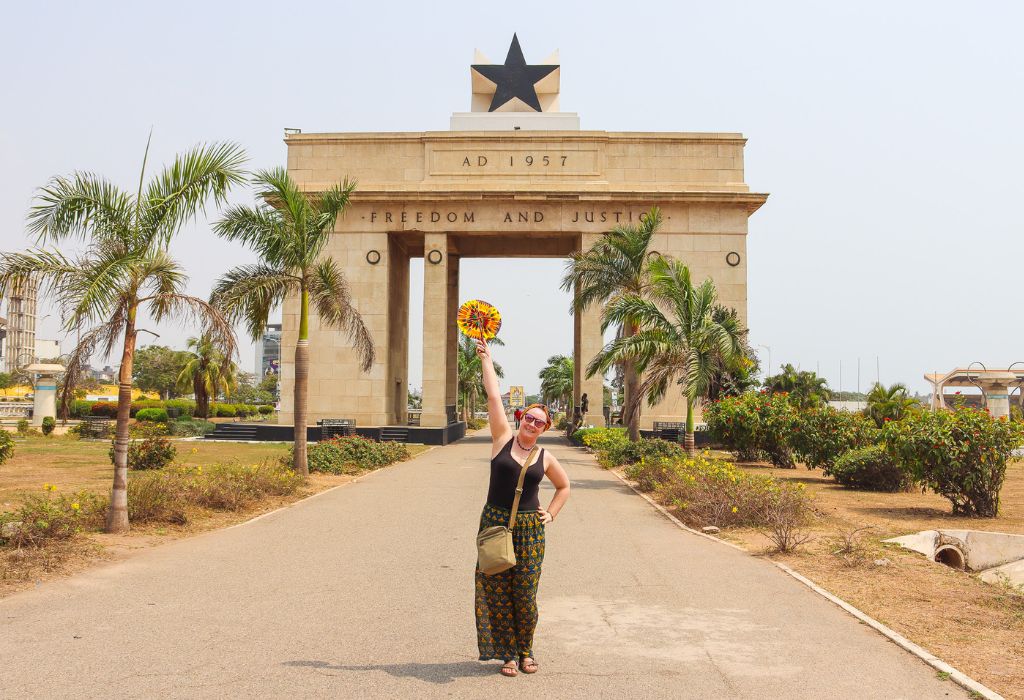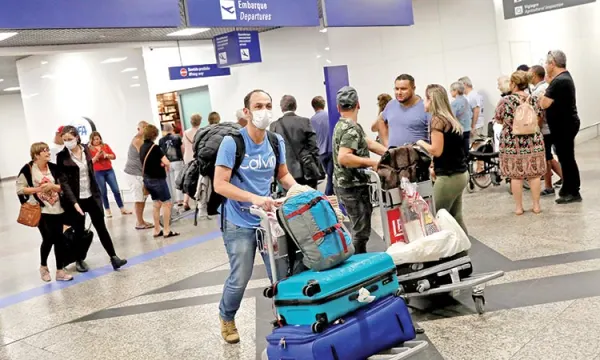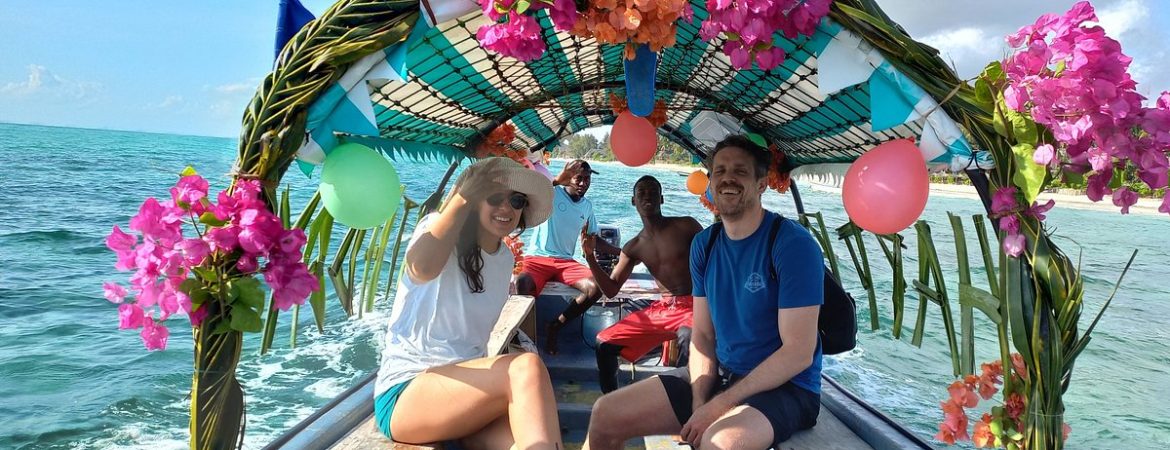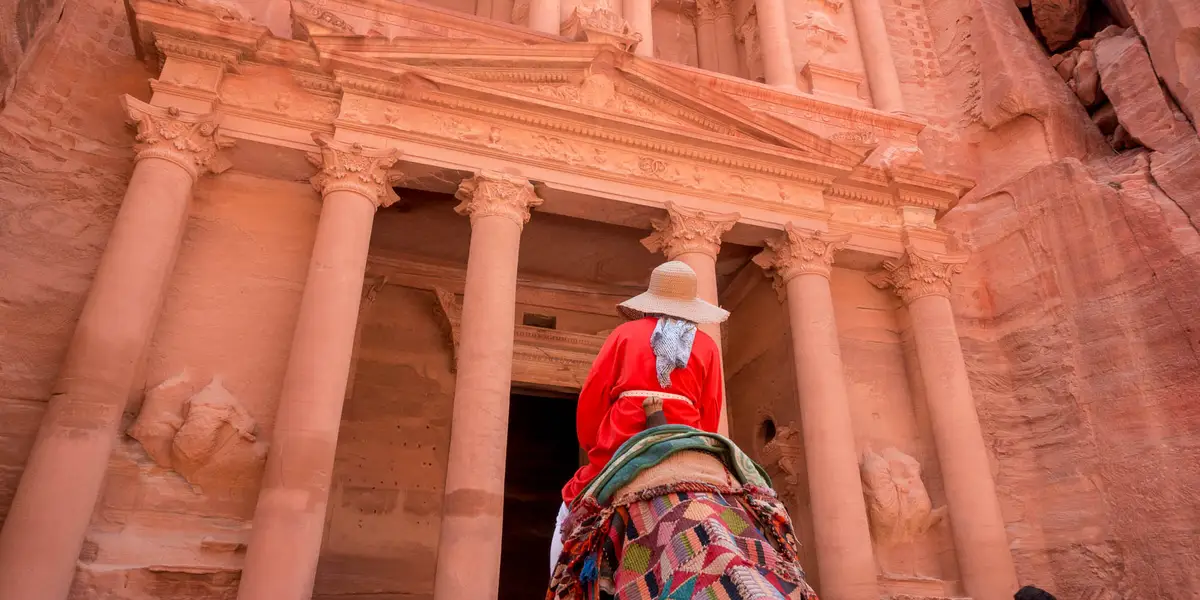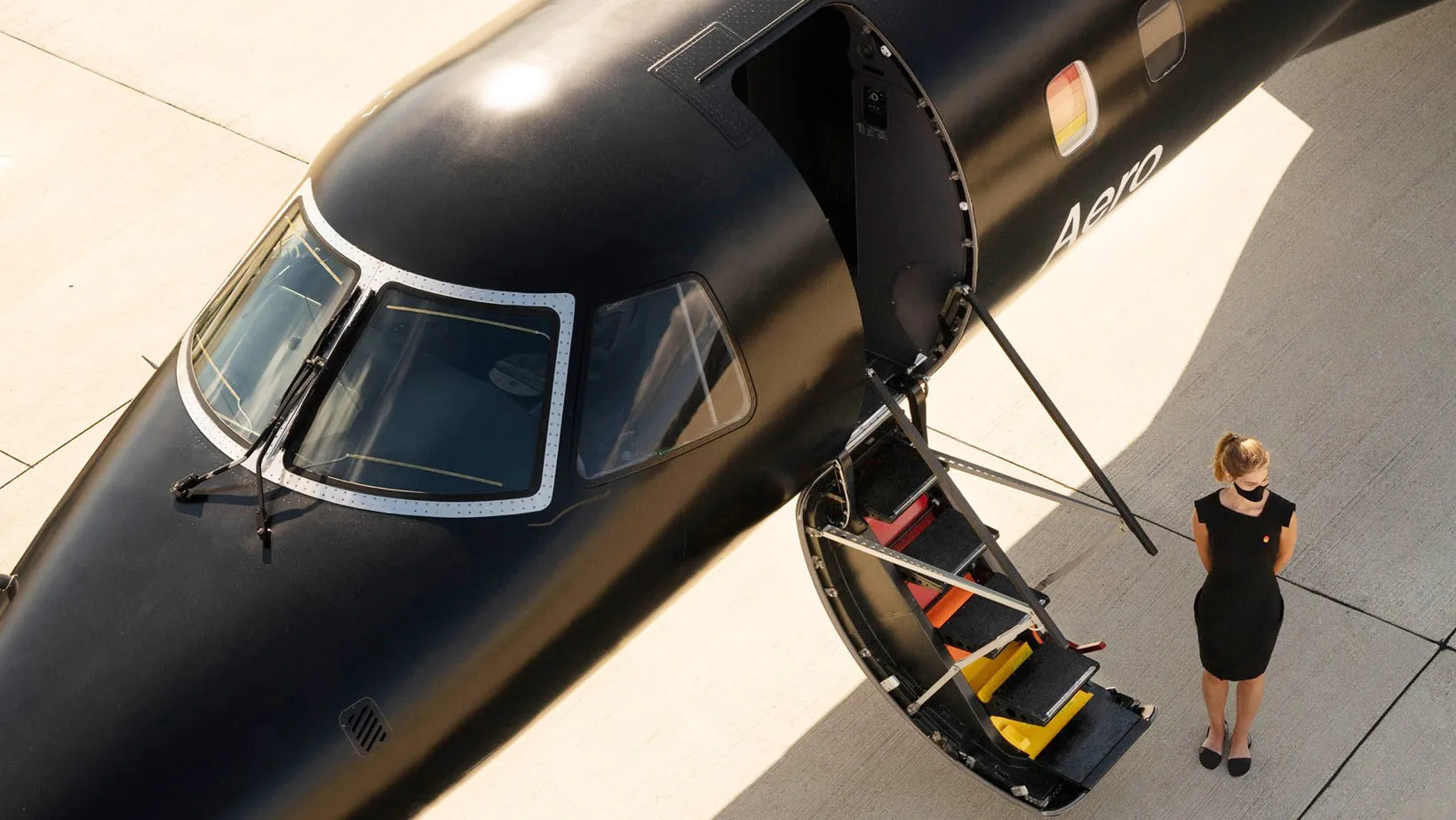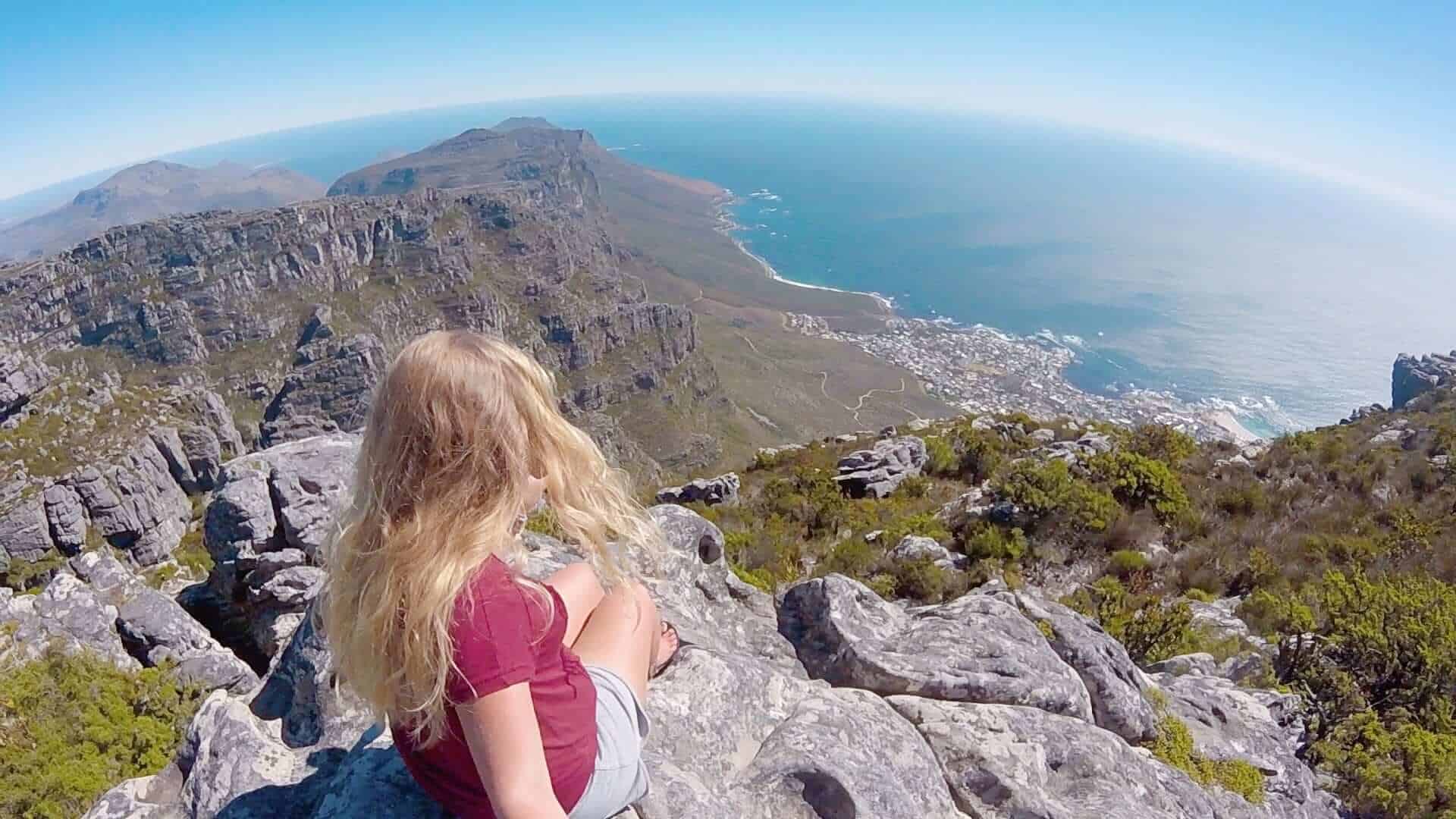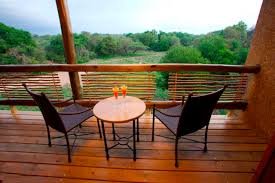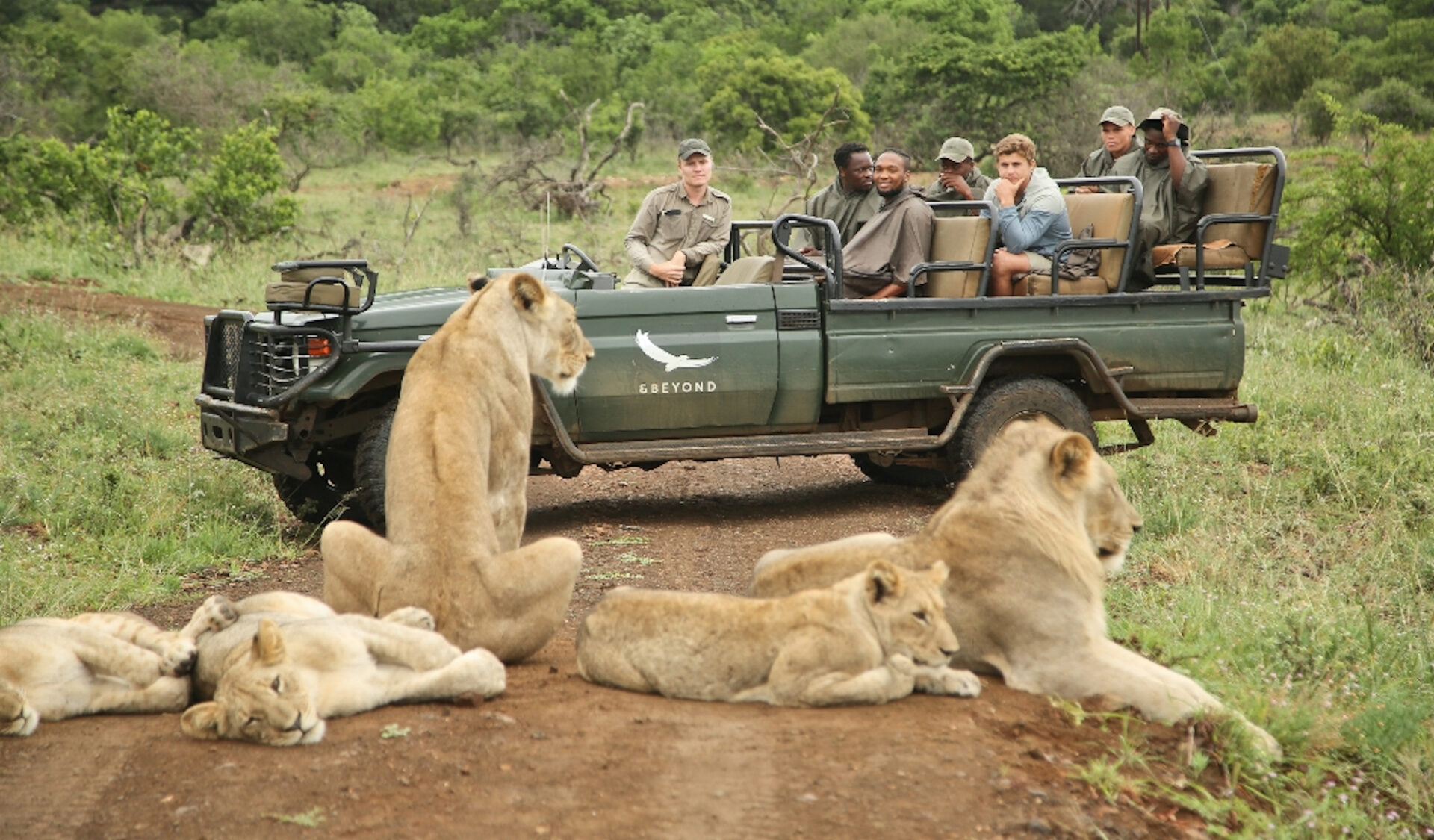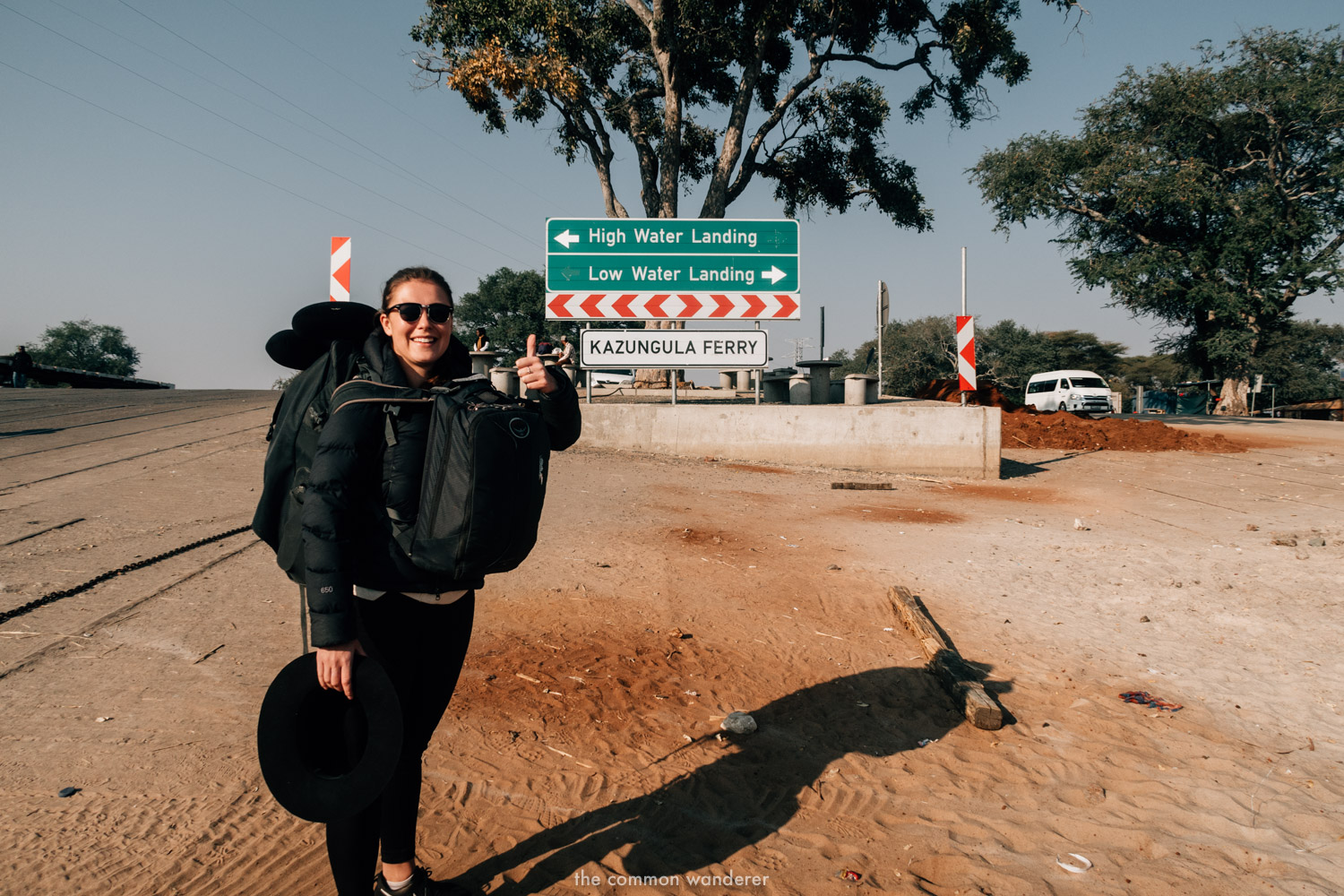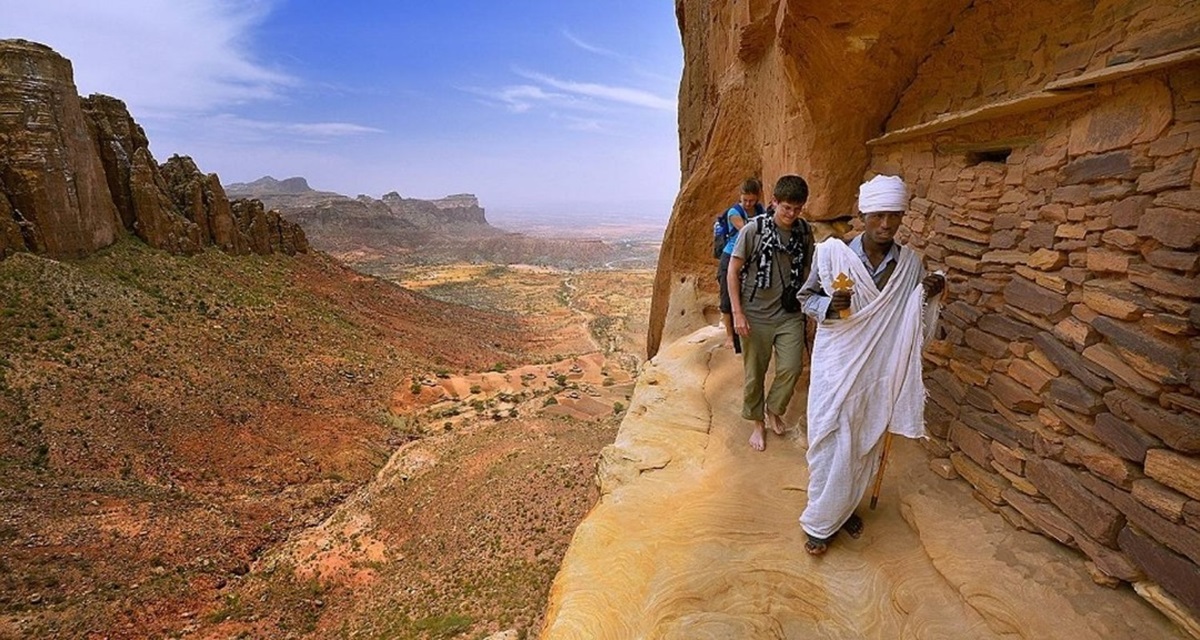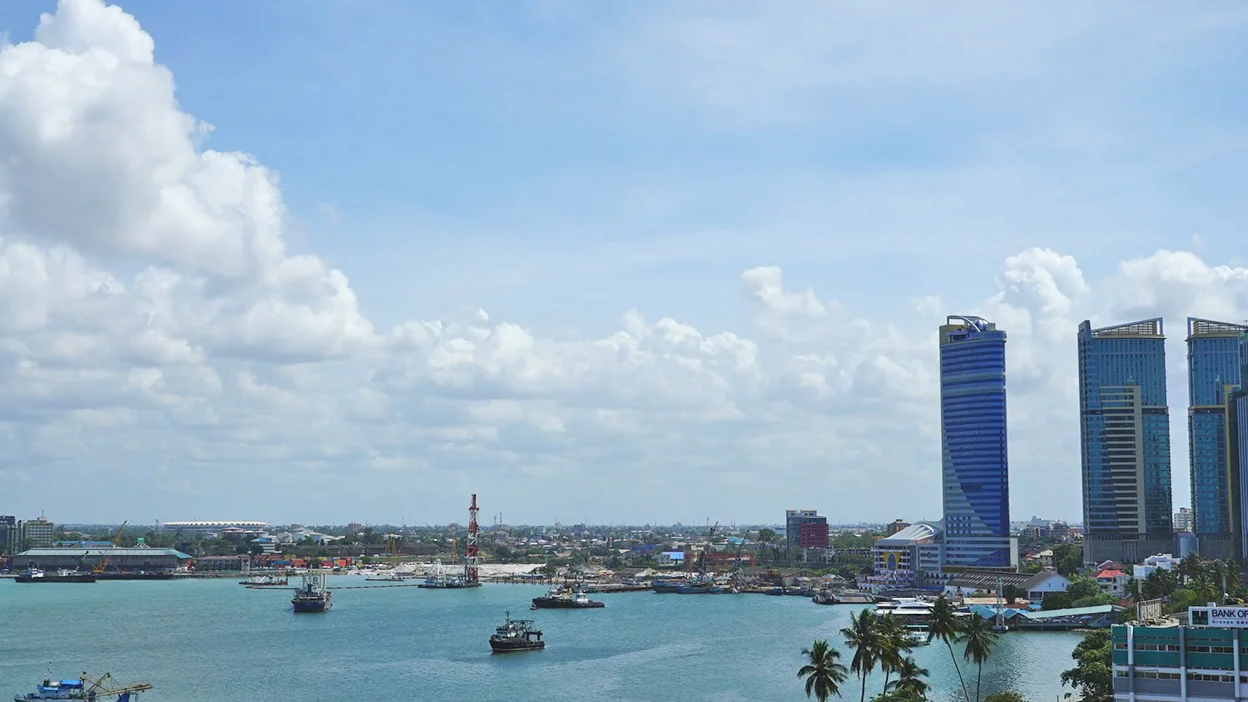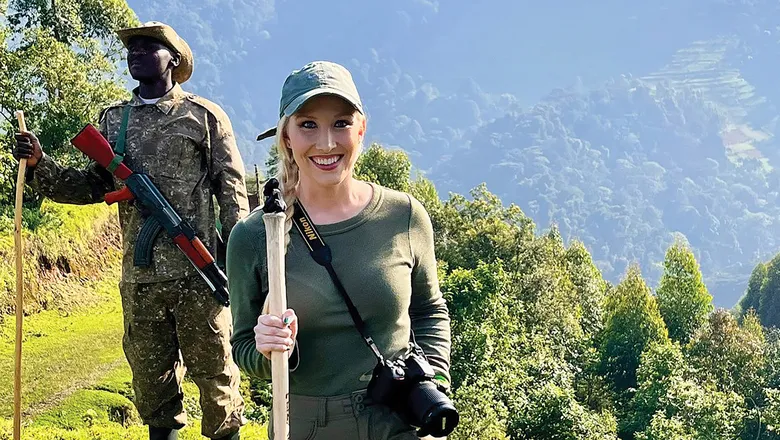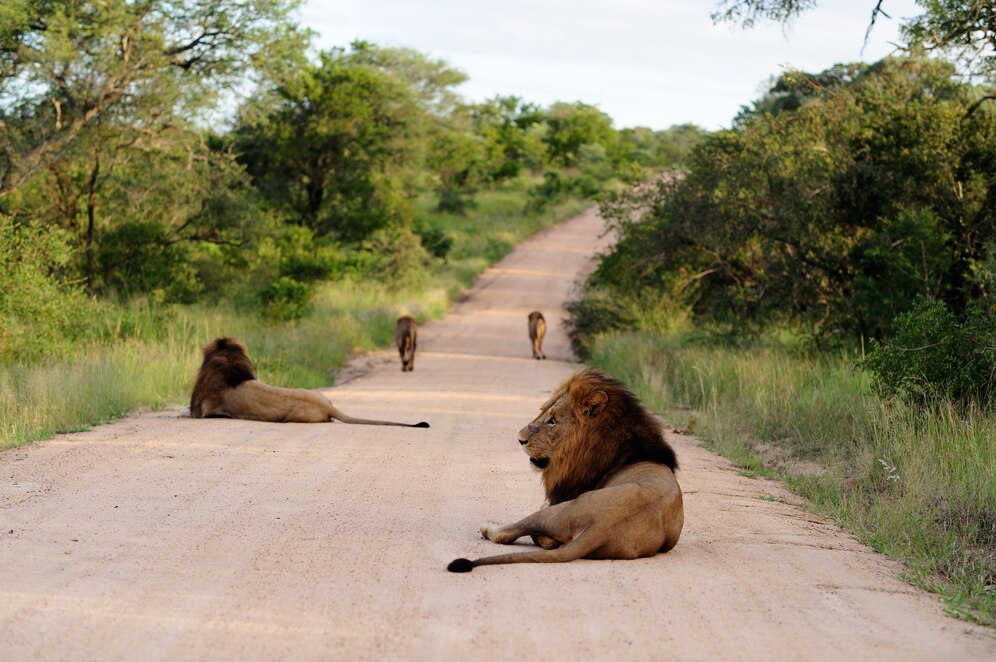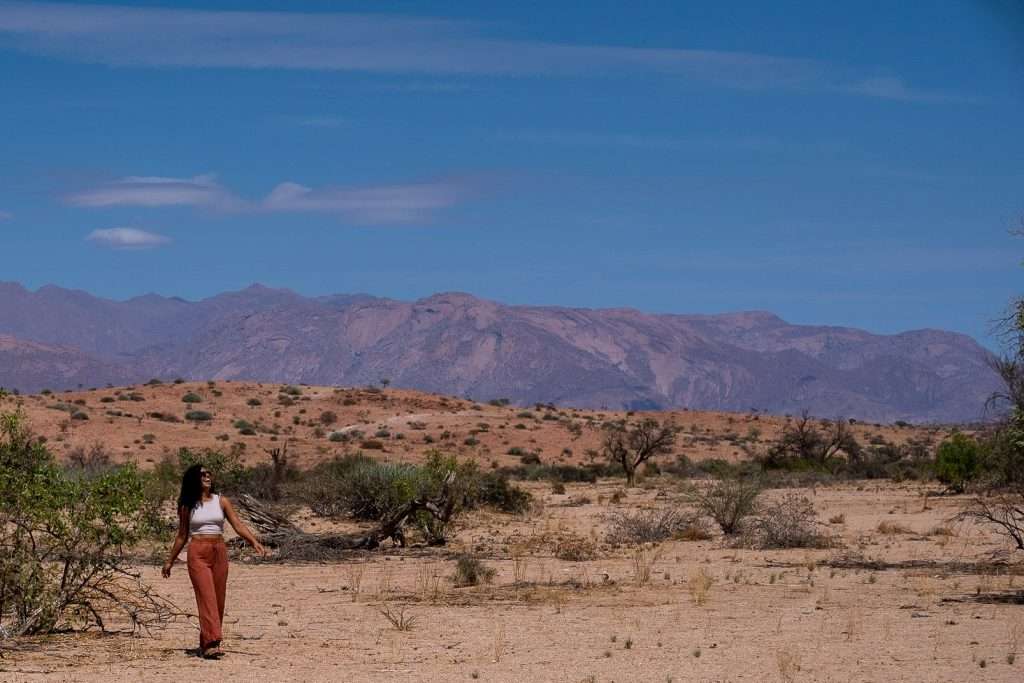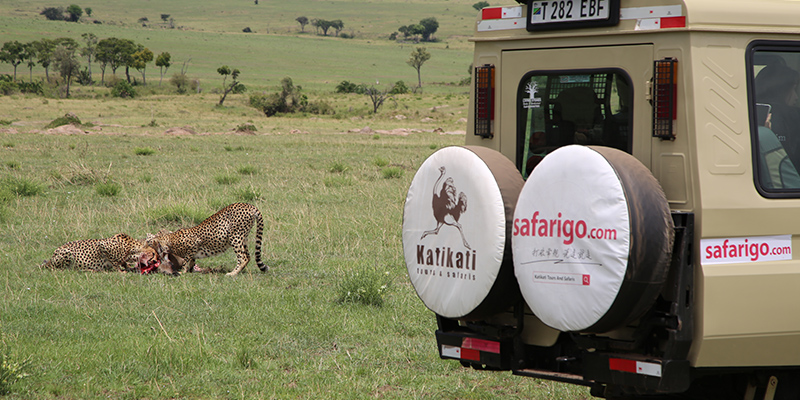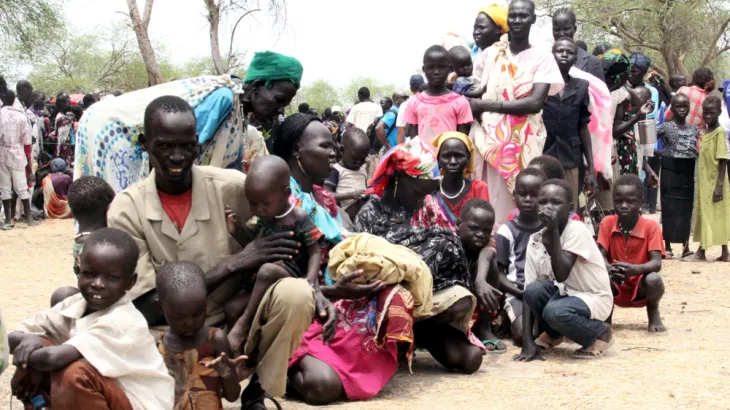
Rediscovering My Roots: A Personal Journey Between Southern Sudan, Sudan & Canada
I was born in Kenya to South Sudanese parents, raised in Canada, and only now, after 18 years, am I truly rediscovering who I am. For most of my life, South Sudan was just a label—a distant homeland wrapped in conflict and stories I barely understood. But something shifted—a longing stirred within me, calling me to go beyond the fragments and rediscover my roots.
What I found was more than a war-torn land. It was a place brimming with strength, love, contradictions, and above all—resilience. In the process of reconnecting, I uncovered a profound truth: identity is not just inherited; it’s something we must choose to understand and embrace.
My Story of Belonging: Between Memory and Distance
Growing up in suburban Canada, my heritage lived mostly in bedtime stories, family anecdotes, and my mother’s Dinka songs that lulled me to sleep. We lived a comfortable life, yet something essential always felt missing. I was South Sudanese on paper, but Canadian in speech, values, and experience. Sudan itself was rarely more than a passing mention in school or news headlines.
And yet, through the warmth of Aunt Sadeya and Amera—two South Sudanese women who worked in Sudan and visited us during my childhood—I felt a quiet pride in where I came from. Their gentle guidance, infused with cultural wisdom and tenderness, planted a seed of identity in me.
That seed took root when I briefly attended high school in Khartoum. For the first time, I witnessed how deeply divided identities could become. I saw colorism, tribalism, and religious tension shaping relationships. It shocked me. But it also lit a fire inside me: I had to understand our past, not just inherit its consequences.
History Revisited: Why Separation Was the Only Path Forward
The First Civil War & Addis Ababa Agreement (1955–1972)
Sudan’s independence in 1956 was hardly a beginning for the Southern Sudanese. Instead, it marked the start of exclusion. The predominantly Arab-Muslim north ignored the political, cultural, and economic needs of the largely Christian and animist south. The result was a brutal civil war.
The Addis Ababa Agreement of 1972 brought temporary peace and regional autonomy for the south. But it was a fragile accord. In 1983, President Gaafar Nimeiry revoked the agreement and imposed Islamic Sharia law nationwide, reigniting conflict.
The Rise of the SPLM/A & the Second Civil War (1983–2005)
In response, the Sudan People’s Liberation Movement/Army (SPLM/A), led by John Garang, emerged to fight for southern autonomy and equality—not separation at first. The war lasted over two decades and claimed more than 2.5 million lives. Villages were destroyed, families displaced, and a generation grew up in refugee camps.
The Comprehensive Peace Agreement & Independence (2005–2011)
The 2005 Comprehensive Peace Agreement (CPA) granted Southern Sudan interim self-government and set the stage for a referendum. On July 9, 2011, South Sudan became the world’s youngest country with an overwhelming 98.8% vote for independence.
Independence was bittersweet. It was a moment of pride, but not without wounds. Oil wealth remained a contentious issue, governance remained fragile, and the ghosts of war lingered in communities.
Genetics vs. Identity: Reclaiming Our African Heritage
One of the revelations in my journey was genetic. While Sudan has been historically influenced by Arab culture and language, most people in both Sudan and South Sudan trace their genetic roots to Sub-Saharan Africa, particularly the Nilo-Saharan ethnic groupings.
The Dinka, Nuer, Shilluk, and others in the south possess ancient East African lineages. Northern Sudanese populations have a mix, but still largely trace their origins to indigenous African groups before Arabization took hold. Knowing this grounded me. I am not a child of Arabia. I am of the Nile, the cattle camps, the wetlands of the Sudd. Our culture is older than colonization or Islamization.
Why I Still Believe in Unity—Spirit Over Borders
Despite our painful separation, I’ve met countless Southern Sudanese who hold onto a quiet dream of unity. Not in the political sense of reunification, but in the spiritual sense of reconnection. The elders speak of shared markets, mixed marriages, and neighborly friendships that existed before war poisoned everything.
They argue that real dignity came from separation—the right to self-rule, speak one’s language, and celebrate our ways. But real peace will come only through mutual respect. Reconciliation, not rejection.
In my heart, unity means creating bridges, not borders. We can be sovereign and still be siblings.
The Harsh Reality in 2025: A Country in Peril
As I write this, South Sudan is facing a fresh crisis. In early 2025, violence erupted in Nasir County between the Nuer White Army and government forces. Over 125,000 people were displaced. The arrest of Vice President Riek Machar sparked fears of renewed war, shaking confidence in the 2018 peace agreement (R-ARCSS).
The international community—including the African Union and United Nations—has called for dialogue, but the truth is stark: tribal loyalties and personal power struggles continue to undermine national stability.
Sudan-South Sudan Relations: Small Steps Toward Healing
In January 2025, a significant meeting took place in Juba between the foreign ministers of Sudan and South Sudan. Discussions focused on border security, consular protection, and cooperation on criminal investigations following the tragic killings in Wad Madani.
While modest, these talks mark an important step. After years of severed ties, even a shared meal between diplomats can signal hope.
Internal Challenges: Corruption, Ethnic Tension & Leadership Gaps
Rebuilding South Sudan requires more than peace treaties. It requires a radical cultural transformation. Our people continue to grapple with issues like alcoholism, tribal favoritism, and deep mistrust of government.
Disappointment in leadership is common and deserved. Promises are broken, peace is politicized, and citizens pay the price. Yet amidst this dysfunction, civil society rises—especially women, youth, and diaspora leaders who insist on accountability.
Healing demands internal honesty. We must confront the failures within our own house.
Imagining Real Unity: What Would It Take?
- Cultural bridges: Organizing music, art, and storytelling festivals that include communities from both countries.
- Cross-border trade and education: Student exchange programs, mobile libraries, and collaborative schools that span both regions.
- Economic cooperation: Transparent oil-sharing agreements, joint agricultural initiatives, and sustainable infrastructure investments.
- Healing spaces: Truth and reconciliation forums, community-led trauma therapy, and open spaces for intertribal and interfaith dialogue.
- Diaspora engagement: Tapping into our global citizens to fund scholarships, run peace-building workshops, and mentor new leaders.
Unity isn’t just a diplomatic goal. It’s a cultural and psychological process. It must begin at home and grow outward.
My Identity Today: Wholeness in the Hyphen
I’ve come to accept that I am both South Sudanese and Sudanese. Born in Kenya, raised in Canada, layered with global experience. And that intersectional identity? It’s no longer confusing. It’s powerful.
I span geographies and histories. I carry my ancestors’ pain and my generation’s potential. I speak English, some Arabic, and halting Dinka. And every time I visit home or speak with a fellow diasporan, I find a piece of myself.
Rediscovery, for me, is not about nostalgia. It’s about presence. It’s about choosing to know, to feel, to engage with all my cultural selves. It’s the slow work of weaving memory with purpose.
Takeaways and Hopes for the Future
- Separation was necessary to affirm dignity and escape domination, but now it’s time to reconcile narratives and acknowledge mutual pain.
- Ethnic unity is essential. Division within South Sudan is as dangerous as external conflict.
- Reconciliation must come from within, not only from peace deals but from grassroots trust.
- The diaspora matters. We are bridges. We carry perspectives, skills, and stories that can help rebuild hope.
- Unity is spiritual first — it begins with love, memory, empathy, and honest conversation.

